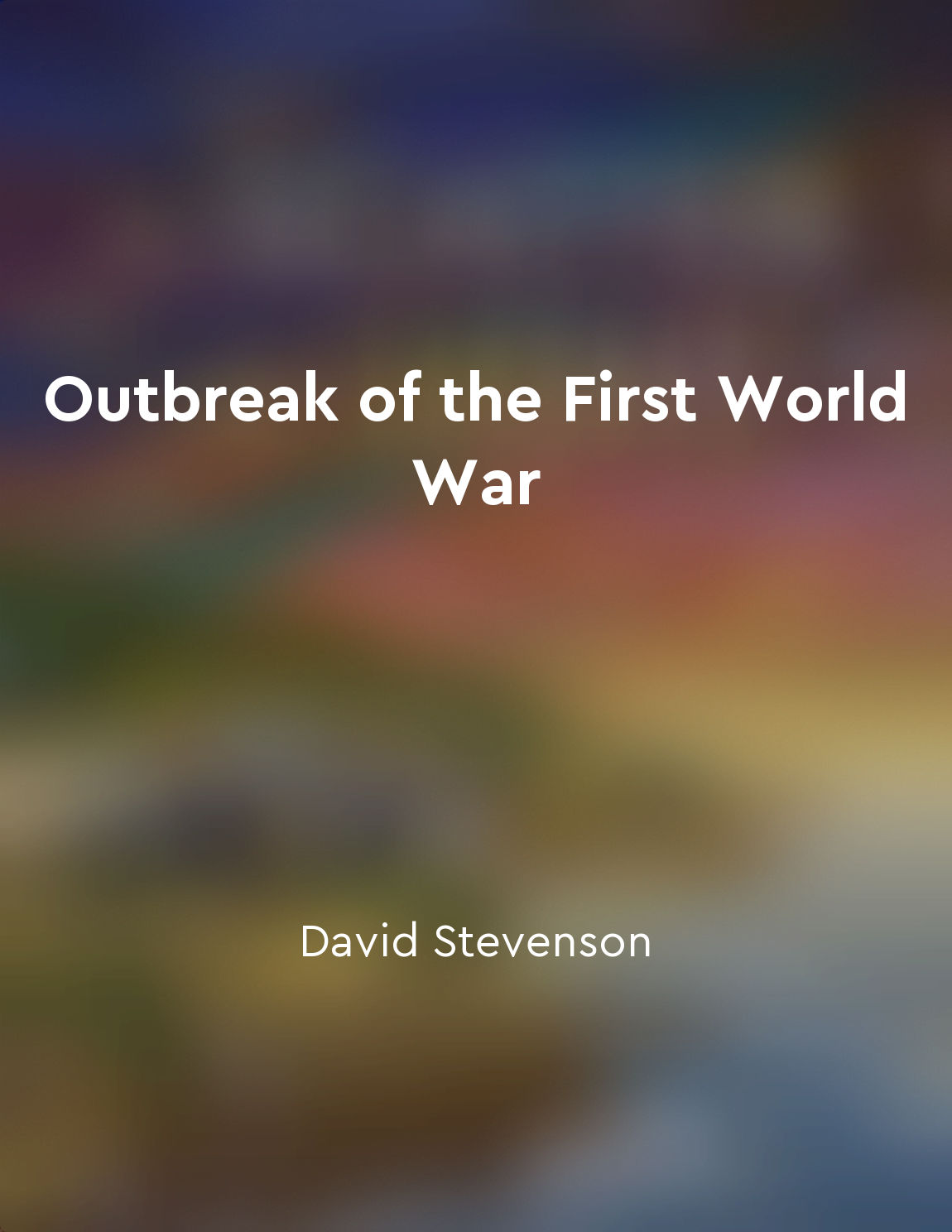The war had farreaching economic consequences from "summary" of The Pity Of War by Niall Ferguson
The First World War, with its unprecedented scale and intensity, had profound economic implications that extended far beyond the battlefields. The massive mobilization of resources and manpower required to sustain the war effort led to significant disruptions in the global economy. Industries were repurposed for war production, diverting resources away from civilian markets and creating shortages of essential goods. This shift in production also led to inflation as demand outstripped supply, causing prices to soar and eroding the purchasing power of ordinary citizens. The cost of the war was staggering, with governments accumulating massive debts to finance their military operations. As the conflict dragged on, these mounting debts put a strain on national economies and led to increased taxation and borrowing. The burden of war reparations imposed on defeated nations further exacerbated economic instability, fueling resentment and political unrest in the post-war period. The war also had lasting effects on international trade and finance. The disruption of traditional trading patterns and the imposition of trade barriers hindered the flow of goods and capital across borders, hampering economic recovery and exacerbating the global economic downturn. The collapse of the gold standard and the emergence of new financial systems further complicated efforts to restore economic stability and growth. The social consequences of the war were equally profound. The loss of a generation of young men on the battlefield left a void in the labor force and disrupted families and communities. The war also accelerated social change, with women entering the workforce in greater numbers to fill the gap left by male conscripts. These shifts in demographics and labor dynamics had long-term implications for the structure of society and the role of women in the economy.- The First World War had far-reaching economic consequences that reverberated long after the guns fell silent. The war reshaped the global economy, leading to inflation, debt, and economic instability on a scale never before seen. The legacy of the war continued to shape the economic, social, and political landscape of the 20th century, leaving a lasting imprint on future generations.
Similar Posts

Social hierarchies are perpetuated through cultural norms
Social hierarchies are not simply a result of natural differences in strength or intelligence, but are rather perpetuated throu...
The war ushered in a new era of warfare
The Great War signalled a seismic shift in the nature of warfare. Gone were the days of traditional battles fought on open fiel...
Naval arms race exacerbates tensions
The naval arms race between Britain and Germany was a significant factor in exacerbating tensions in the years leading up to th...
Businesses faced bankruptcy
The most devastating consequence of the stock market crash of 1929 was the wave of bankruptcies that swept through the business...
The war sparked social and political upheaval
The Great War brought about significant changes in the social and political landscape of Europe. The impact of the war was felt...

Business interests held significant power in shaping economic policy
The influence of business interests on economic policy is a key factor that cannot be ignored. Business leaders hold significan...

Armistice negotiations
Armistice negotiations were a crucial aspect of the First World War, marking the beginning of the end of the conflict. As the w...

